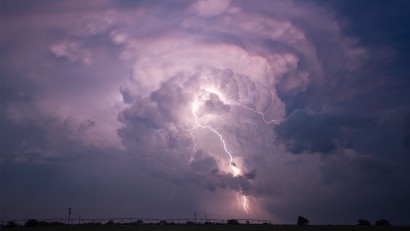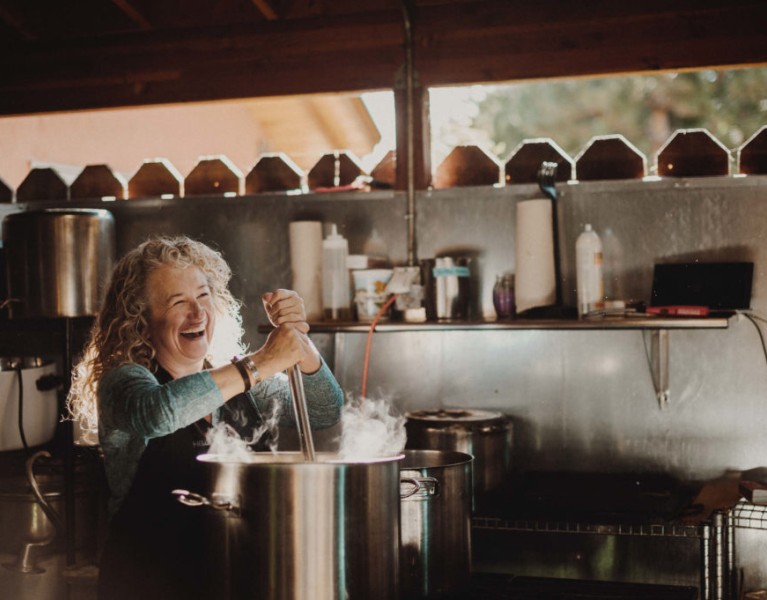
The Outsiders: From The Ground Up
Table of Contents [Show]
“Blake really emphasizes the importance of people leaving the restaurant feeling nourished by the food, and ultimately that starts with what’s in the soil.”
Story by Vanessa Chang | Photography by Chad Kirkland
Morning on the farm
As improbable as it sounds, 6.5 acres of sandstone mesa in desolate Boulder, Utah is in a verdant state of harvest. Here, sandwiched between the immense rock formations of Grand Staircase Escalante National Monument and Capitol Reef National Park, winter squash ripens in the blazing August sun and several varieties of pole beans flourish in lush tangles climbing up toward the clear blue sky.
Dinosaur kale and rainbow chard grow in neat, green rows alongside Scarlet Nantes carrots and Chioggia beets. A warm breeze carries the subtle scent of heirloom fruit trees, boughs laden with apples. Seventy-nine different varieties of crops thrive here, according to head farmer Tony Jacobson.
Jacobson and farm manager Nina Brownell are out strolling the large, lush plot. Together, along with two other full-time farmers, they created this unexpectedly abundant landscape, which will yield 20,000 pounds of fruits, vegetables, and herbs in 2016 alone. The farm, dubbed “Blaker’s Acres,” is the brainchild of Blake Spalding and Jen Castle, founders of nearby Hell’s Backbone Grill, and has been supplying the restaurant since its inception in 1999, back when farm-to-table cuisine was still an anomaly in America.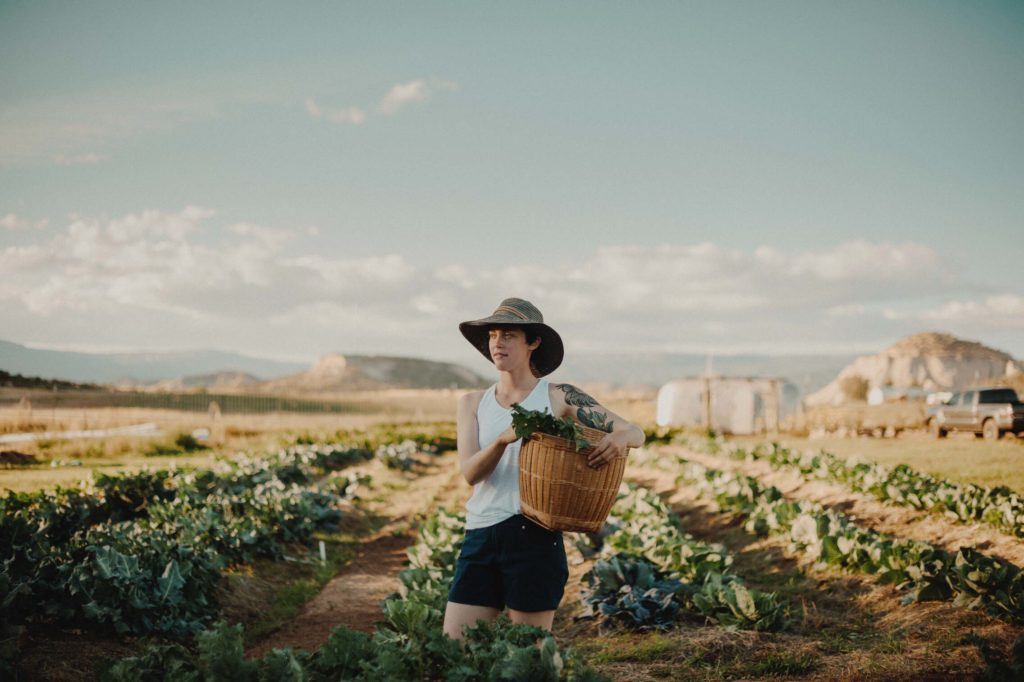
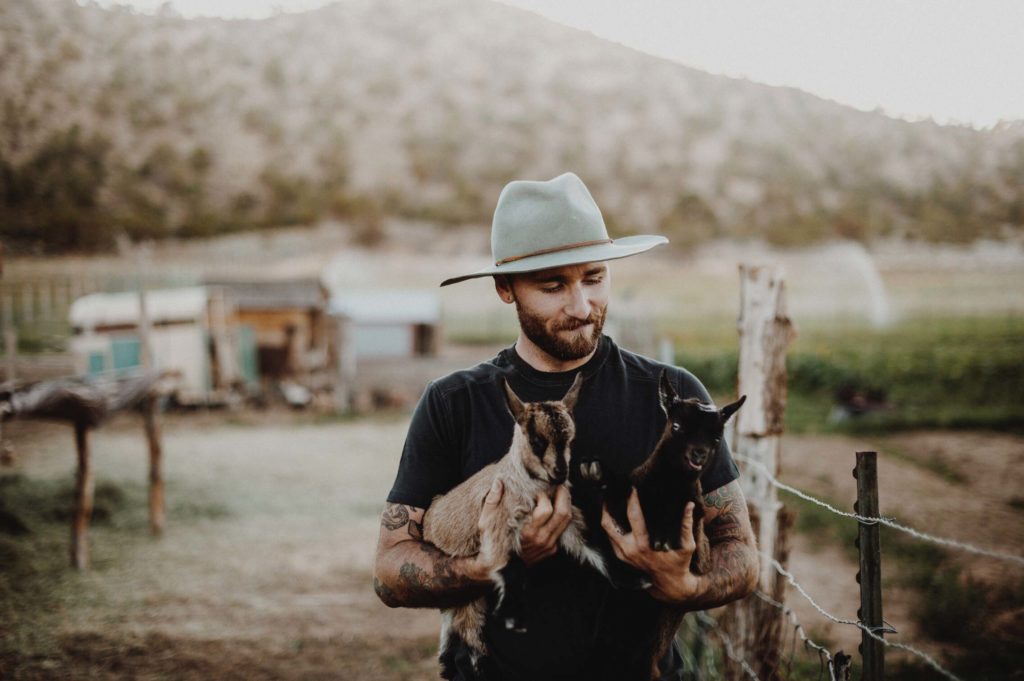
Afternoon at the restaurant
The prep kitchen is a flurry of activity. Dinner is completely booked out for the evening, and every bit of counter space is taken up with peppers mid-dice on colorful cutting boards, and baking sheets lined with ready-to-roast slices of summer squash. The savory scent of allium and olive oils infuses the surrounding air. Wherever there is no cutting board, there is a pile of produce. Tomatoes. Chard. Greens. Peppers. Zucchini. Buckets of orchard fruits wait their turn on the counter. “We can’t keep up,” says Colleen, a longtime server, with a big grin. She’s stirring a pot of bright red tomato sauce while keeping an eye on the oven—which is slowly drying the tomatoes that will supply next spring’s pantry. “We’ve been pickling and putting up everything we can,” she explains between stirs. Back at the dish station, the staff empties lunch plates into three separate bins: one for the landfill, one for compost, and another for scraps for the chickens. Beyond the action, in the compact back office, Jen Castle sits with her dog Biscuit. Though she’s the culinary soul behind the restaurant, emails need replies and shift schedules need to be finished. Usually, a glass of red wine helps keep her running smoothly, but today Castle is sipping on homemade chicken bone broth to ward off a cold.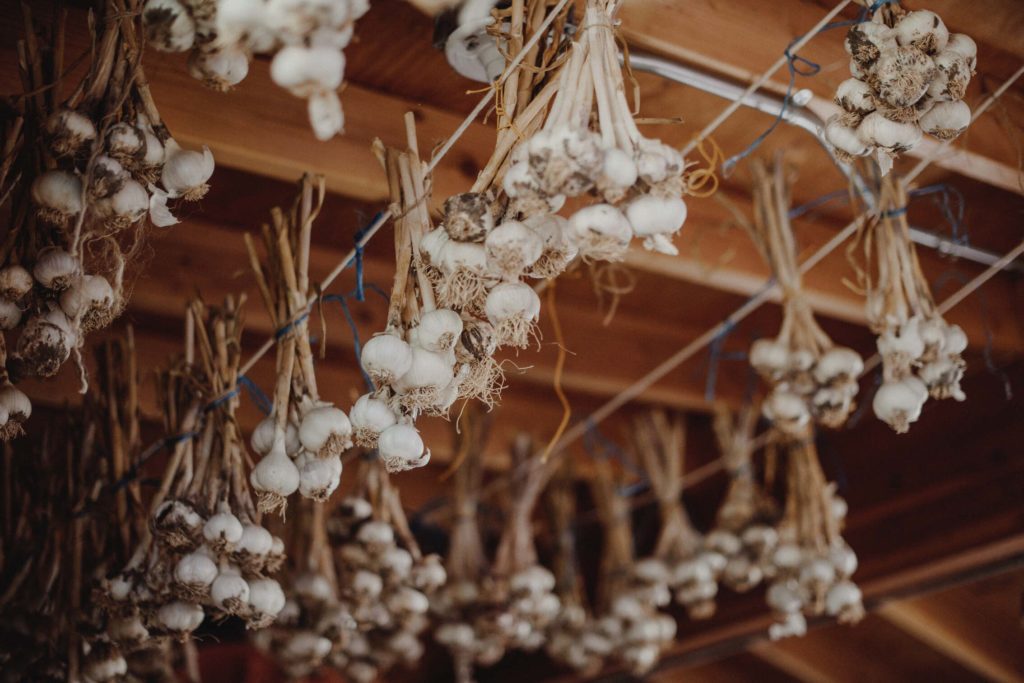
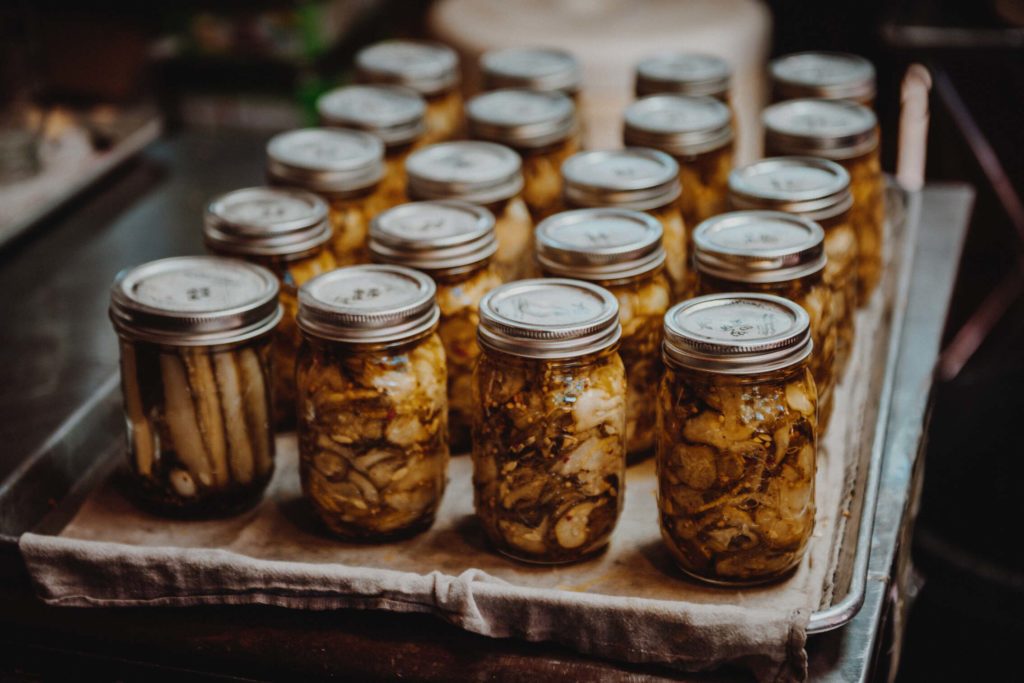
As the dinner shift winds down, Spalding tucks into a bowl of Lemony Cluck, pan-cooked chicken breast in a zingy sauce of lemon, organic shallots, and herbs, served on a bed of farm vegetables and organic brown rice—a slight modification from the menu item, which is served over pasta. “Happiness in terms of this restaurant is in the present tense,” she says between bites. “We’ve given our lives to it, and it’s been miraculous in every moment.”


